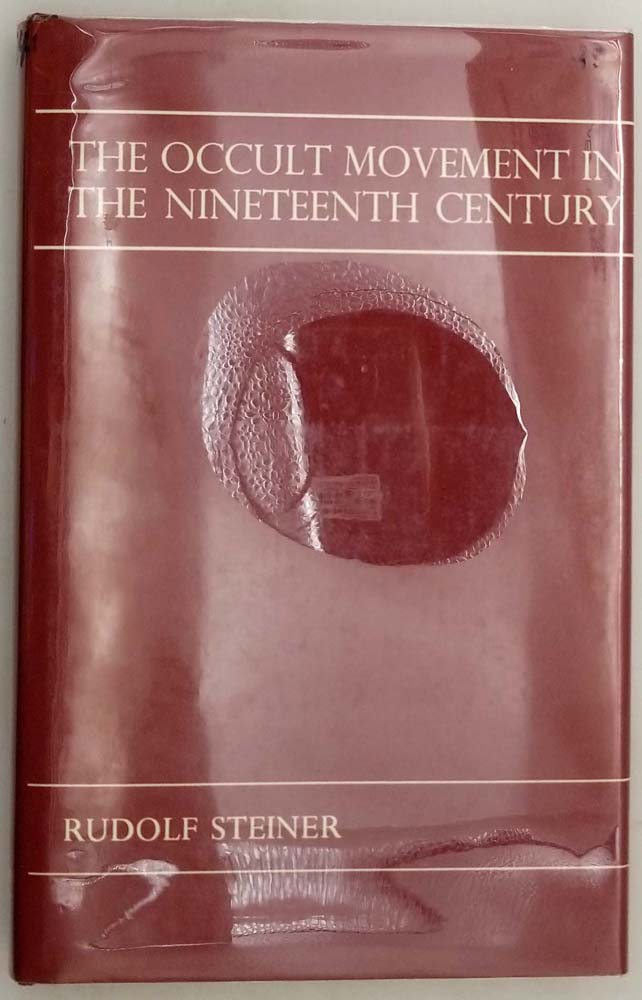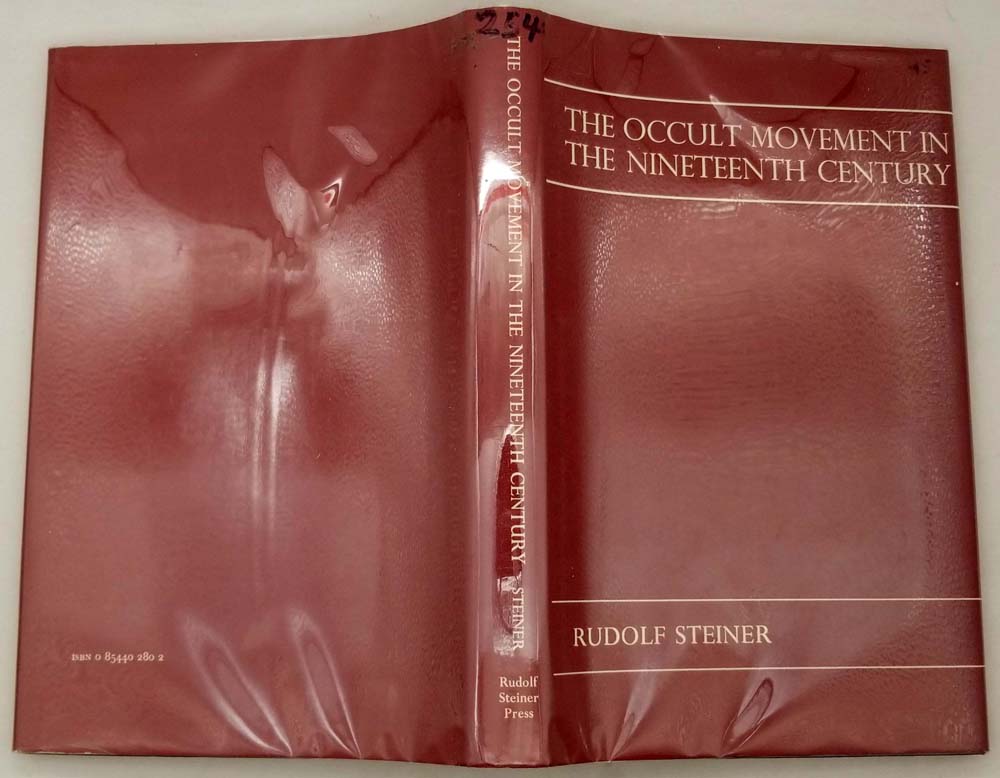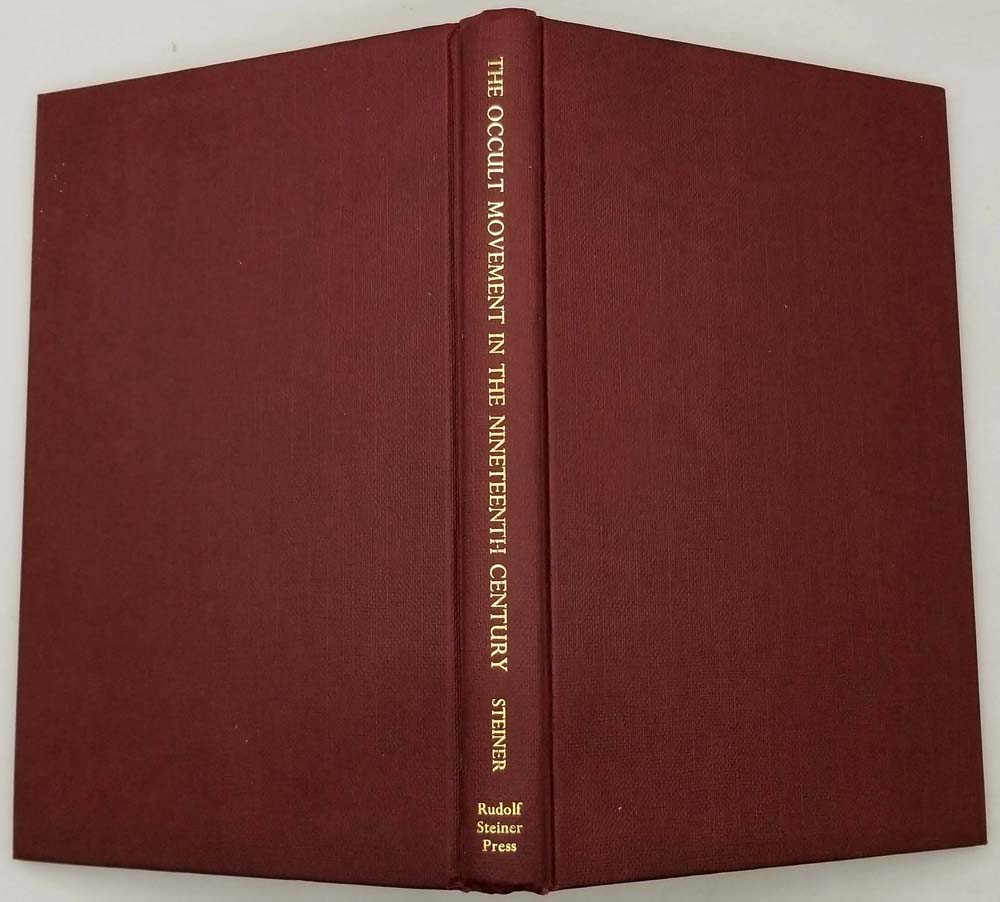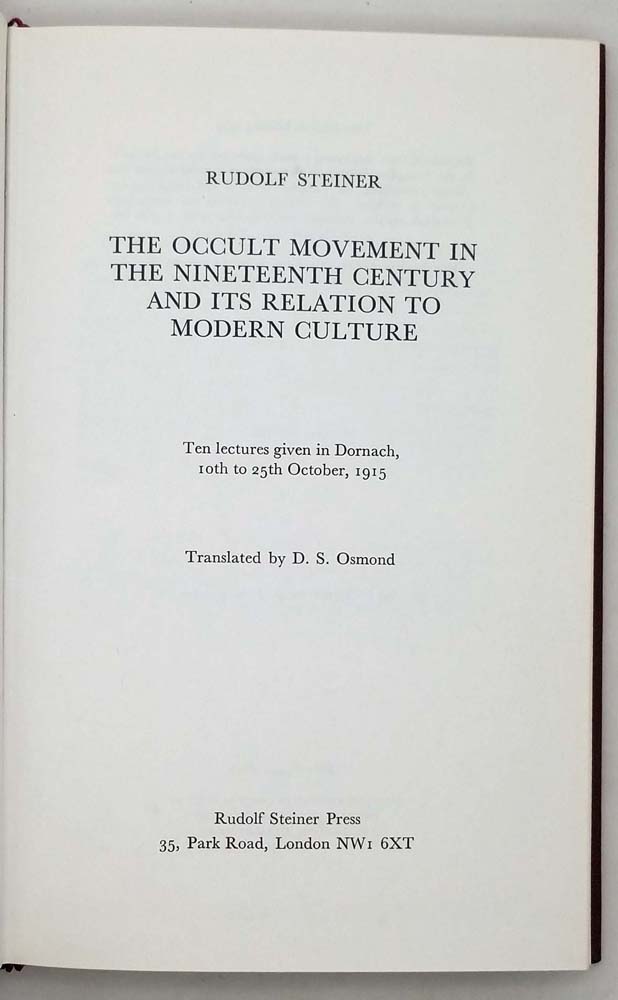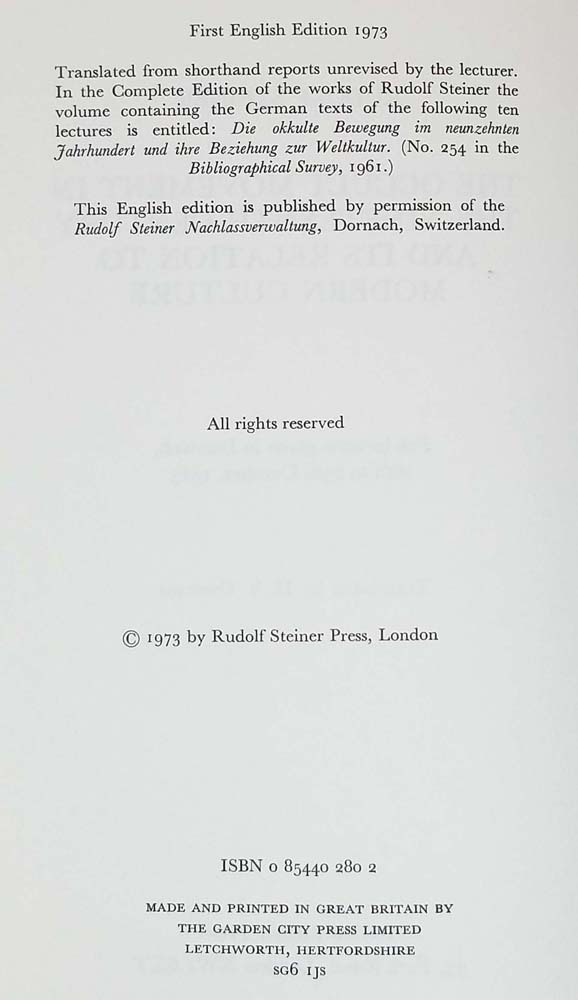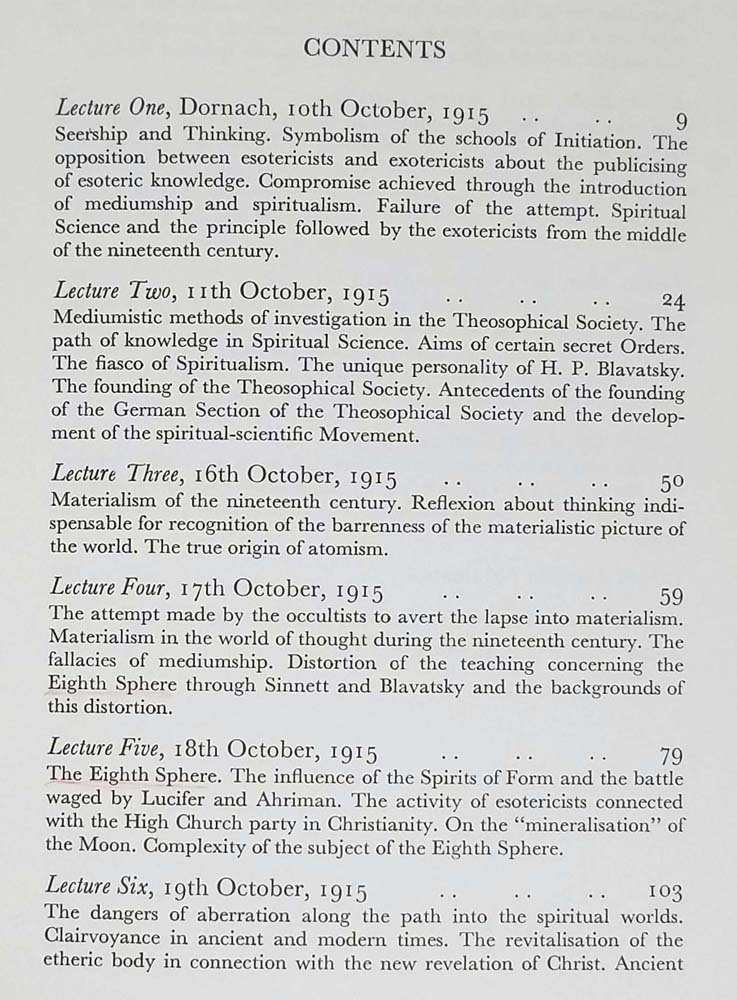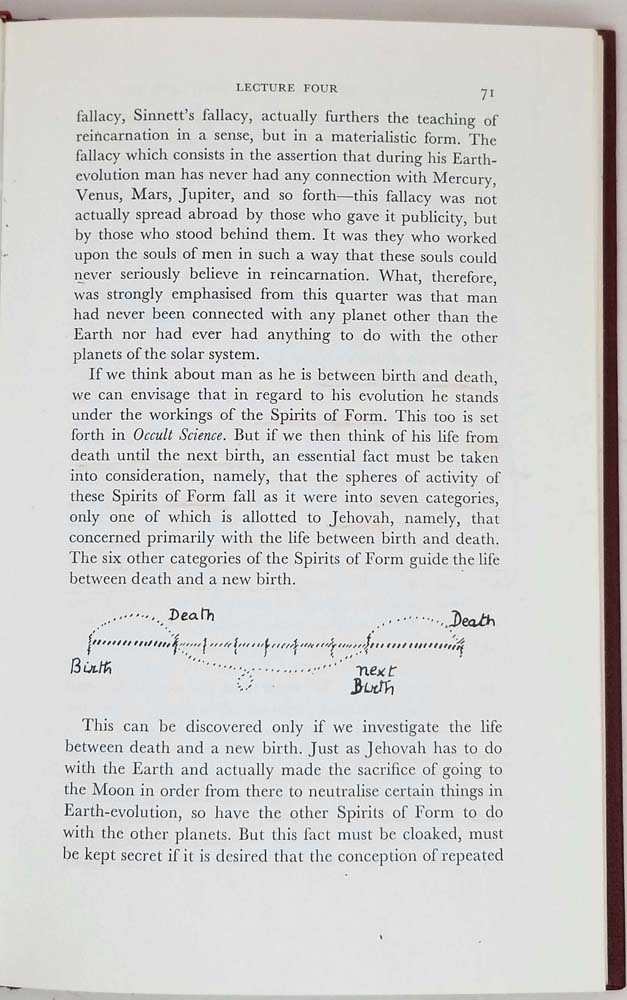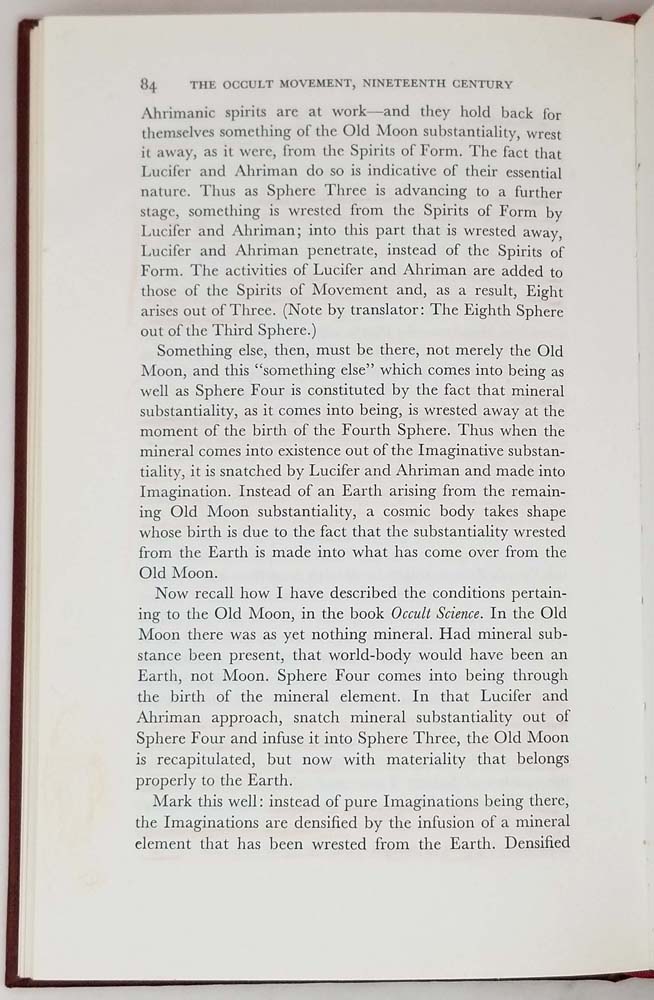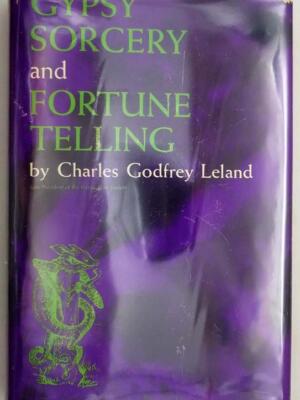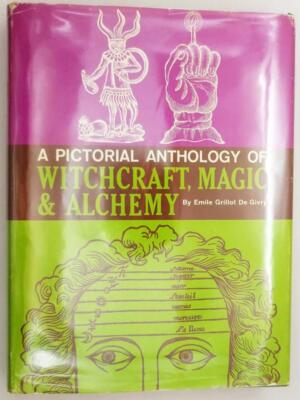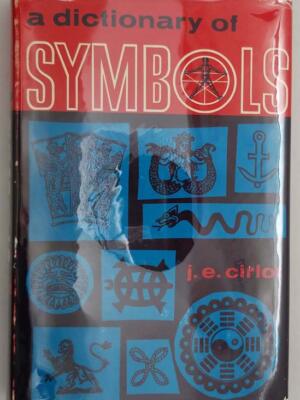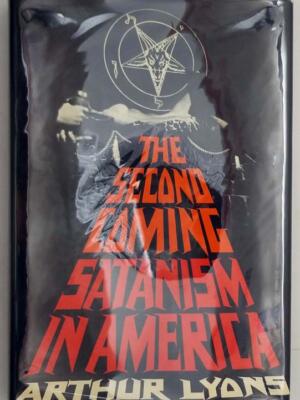The Occult Movement in the Nineteenth Century and Its Relation to Modern Culture (lectures delivered in 1915, published posthumously) by Rudolf Steiner offers a profound esoteric analysis of how hidden spiritual currents shaped the 19th century’s intellectual and cultural landscape, laying groundwork for modernity. Steiner, the founder of Anthroposophy, traces the clandestine influence of occult societies (e.g., Rosicrucians, Theosophists) on science, art, and philosophy, arguing that figures like Goethe, Hegel, and even materialist thinkers were unconsciously channeling spiritual impulses.
He examines the tension between rising materialism and a subterranean “occult movement” seeking to preserve ancient wisdom, framing movements like Spiritualism as distorted echoes of genuine mysticism. Steiner’s core thesis: the 19th century’s outward focus on progress and rationality masked an inner spiritual crisis—one that anthroposophy aims to resolve by synthesizing mysticism and reason.
Dense but illuminating, these lectures reveal Steiner’s vision of history as a battleground of invisible forces, where occult knowledge must evolve to meet modern consciousness.
Key Themes:
-
Theosophy’s role in bridging East/West esotericism.
-
How natural science unknowingly reflects spiritual laws.
-
The dangers of dilettantish occultism vs. disciplined initiation.
For readers of: Blavatsky’s The Secret Doctrine or Jung’s Red Book, and those probing the roots of New Age thought.
